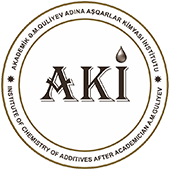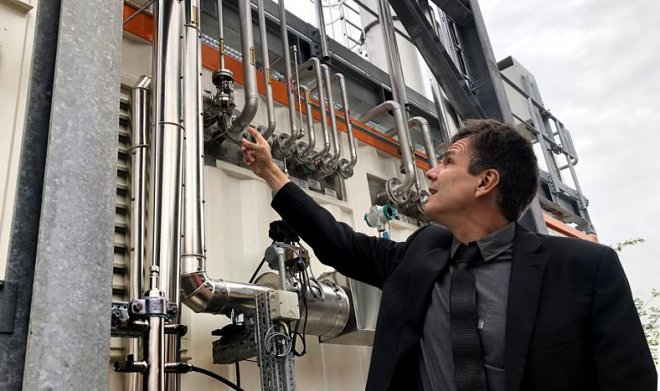Synthetic kerosene will help to reduce the aviation industry’s sizeable carbon footprint.
German non-profit organization Atmosfair unveiled on Monday, Oct. 4, the world’s first commercial plant for producing synthetic kerosene, an environmentally friendly alternative fuel.
According to an ABC News report on the plant unveiling, the aviation industry currently accounts for approximately 2.5 percent of worldwide CO2 emissions, and it is struggling to keep up the pace with other industries that are turning to electrification.
Synthetic kerosene boosts emissions-cutting efforts
Synthetic kerosene is a type of e-fuel that can help to replace fossil fuels without requiring massive structural changes to existing aircraft. “The era of burning coal, oil and natural gas is drawing to a close,” Germany’s environment minister, Svenja Schulze, said during the ribbon-cutting ceremony for the new plant. “At the same time, no one should have to sacrifice the dream of flying. This is why we need alternatives to conventional, climate-harming kerosene.”
The new facility, located in Werlte, Germany, uses water and electricity from four nearby wind farms to produce hydrogen. The hydrogen is combined with carbon dioxide — some of it captured directly from the air — to make crude oil, which is then refined into jet fuel. Burning synthetic kerosene releases no more CO2 into the atmosphere than removed in the first place to produce that fuel, meaning it is carbon neutral


